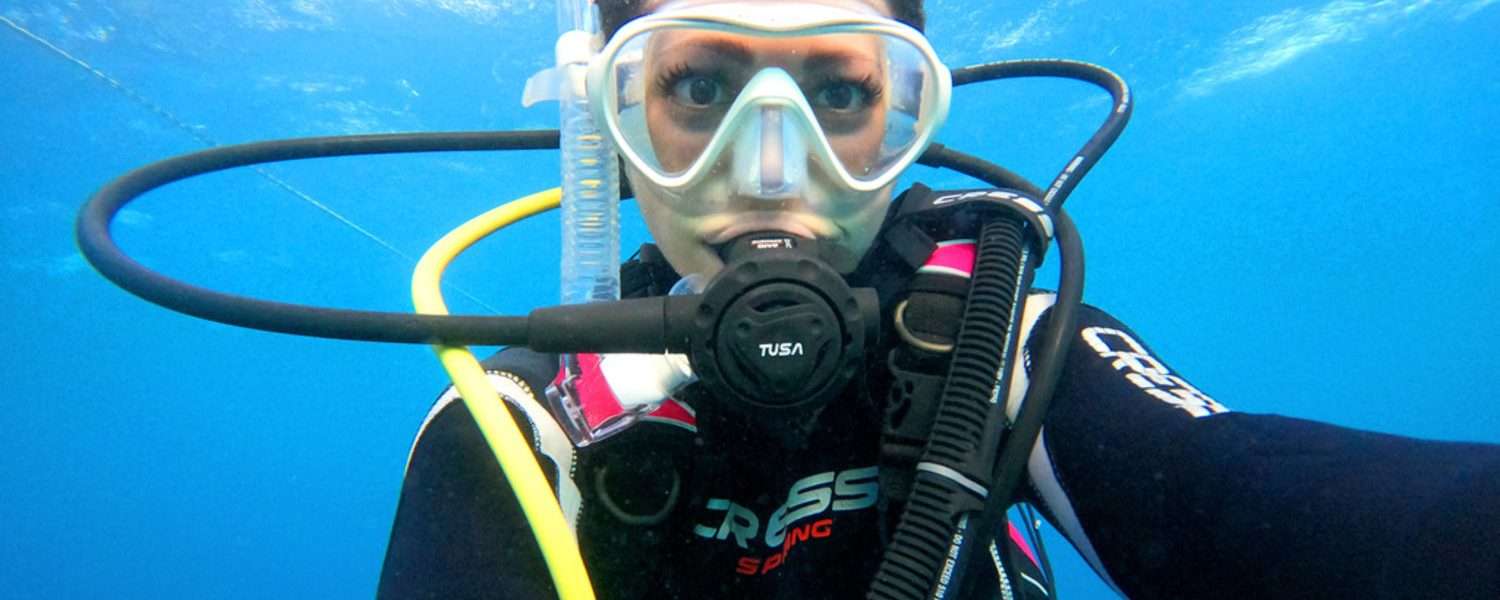The allure of the deep sea, with its vibrant coral reefs, fascinating marine life, and mysterious shipwrecks, has captivated adventurers for centuries. But beyond recreational exploration, a structured path exists for those seeking a deeper, more professional connection with the underwater realm. This structured path is often achieved through pursuing a scuba diving degree. This isn’t just about acquiring certifications; it’s about gaining a comprehensive understanding of marine science, diving physiology, equipment maintenance, and underwater leadership. A scuba diving degree can open doors to a multitude of exciting and fulfilling careers, far beyond simply being a dive instructor.
The Curriculum: More Than Just Bubbles
A comprehensive scuba diving degree program goes far beyond the basics of buoyancy and regulator usage. It delves into the scientific principles that govern the underwater world and the practical skills necessary to thrive in it.
- Marine Biology and Ecology: Understanding marine ecosystems, species identification, and conservation efforts.
- Diving Physics and Physiology: Learning how pressure affects the human body and the principles behind safe diving practices.
- Underwater Navigation and Mapping: Mastering the skills to navigate effectively in the underwater environment and create accurate maps.
- Equipment Maintenance and Repair: Gaining the knowledge to maintain and repair diving equipment, ensuring safety and longevity.
- Dive Leadership and Instruction: Developing the skills to lead and instruct others in scuba diving techniques.
Career Paths: Beyond the Dive Shop
While working as a dive instructor is a common career path for scuba diving graduates, the possibilities are far more diverse. A scuba diving degree can pave the way for roles in research, conservation, and even the entertainment industry.
Examples of Potential Careers:
- Marine Biologist/Researcher: Conducting underwater research, studying marine life, and contributing to conservation efforts.
- Underwater Photographer/Videographer: Capturing stunning images and videos of the underwater world for documentaries, films, and educational purposes.
- Commercial Diver: Performing underwater construction, inspection, and repair work for various industries.
- Dive Safety Officer: Ensuring the safety of divers on research expeditions, film shoots, or commercial operations.
- Aquarium Curator: Caring for marine animals in aquariums and educating the public about marine conservation.
Choosing the Right Program
Selecting the right scuba diving degree program is crucial for maximizing your career potential. Consider the following factors when making your decision:
- Accreditation: Ensure the program is accredited by a reputable organization.
- Curriculum: Review the curriculum carefully to ensure it aligns with your career goals.
- Faculty: Research the faculty’s experience and expertise in the field.
- Location: Consider the location of the program and the opportunities it offers for diving experience.
- Resources: Evaluate the program’s resources, including diving equipment, research facilities, and internship opportunities.
Investing in a formal education is a huge commitment; however, the rewards that come with a scuba diving degree are well worth it. If you are passionate about the ocean and eager to turn your love of diving into a fulfilling career, pursuing a scuba diving degree might just be the perfect path for you.
But is a formal degree always necessary? Could certifications alone be sufficient to reach your underwater aspirations? Perhaps, but wouldn’t a more comprehensive understanding of the marine environment provide a significant advantage? And what about the networking opportunities and career services offered by universities and colleges? Wouldn’t those connections be invaluable in launching your career?
Financial Considerations: Is a Degree Worth the Investment?
Tuition fees, equipment costs, and living expenses – are these not significant barriers to entry? Could you finance your education through scholarships, grants, or student loans? And what about the return on investment? Wouldn’t a degree ultimately lead to higher earning potential and more career advancement opportunities? But is it possible to gain relevant experience through volunteer work, internships, or apprenticeships, thereby reducing the need for a formal degree?
Practical Skills vs. Theoretical Knowledge: Which is More Important?
Can you truly master the art of diving without hands-on experience? Isn’t it essential to log hundreds of dives in diverse environments to develop the necessary skills and confidence? But doesn’t theoretical knowledge provide a deeper understanding of the underlying principles, allowing you to make informed decisions and troubleshoot problems effectively? And what about safety? Wouldn’t a strong foundation in diving physics and physiology significantly reduce the risk of accidents?
Balancing Theory and Practice:
- Can you seek out programs that emphasize practical training alongside theoretical learning?
- Wouldn’t internships and volunteer opportunities provide valuable hands-on experience?
- Shouldn’t you aim to continuously improve your skills through advanced courses and certifications?
The Future of Scuba Diving: Are You Ready to Adapt?
Is the field of scuba diving constantly evolving with new technologies and techniques? Wouldn’t a degree program equip you with the knowledge and skills to adapt to these changes? And what about the growing emphasis on marine conservation? Wouldn’t a deep understanding of marine ecosystems make you a more effective advocate for protecting our oceans? So, with all these factors in mind, isn’t it worth carefully considering whether a scuba diving degree is the right choice for your future? Can you envision yourself contributing to the underwater world in a meaningful way?

